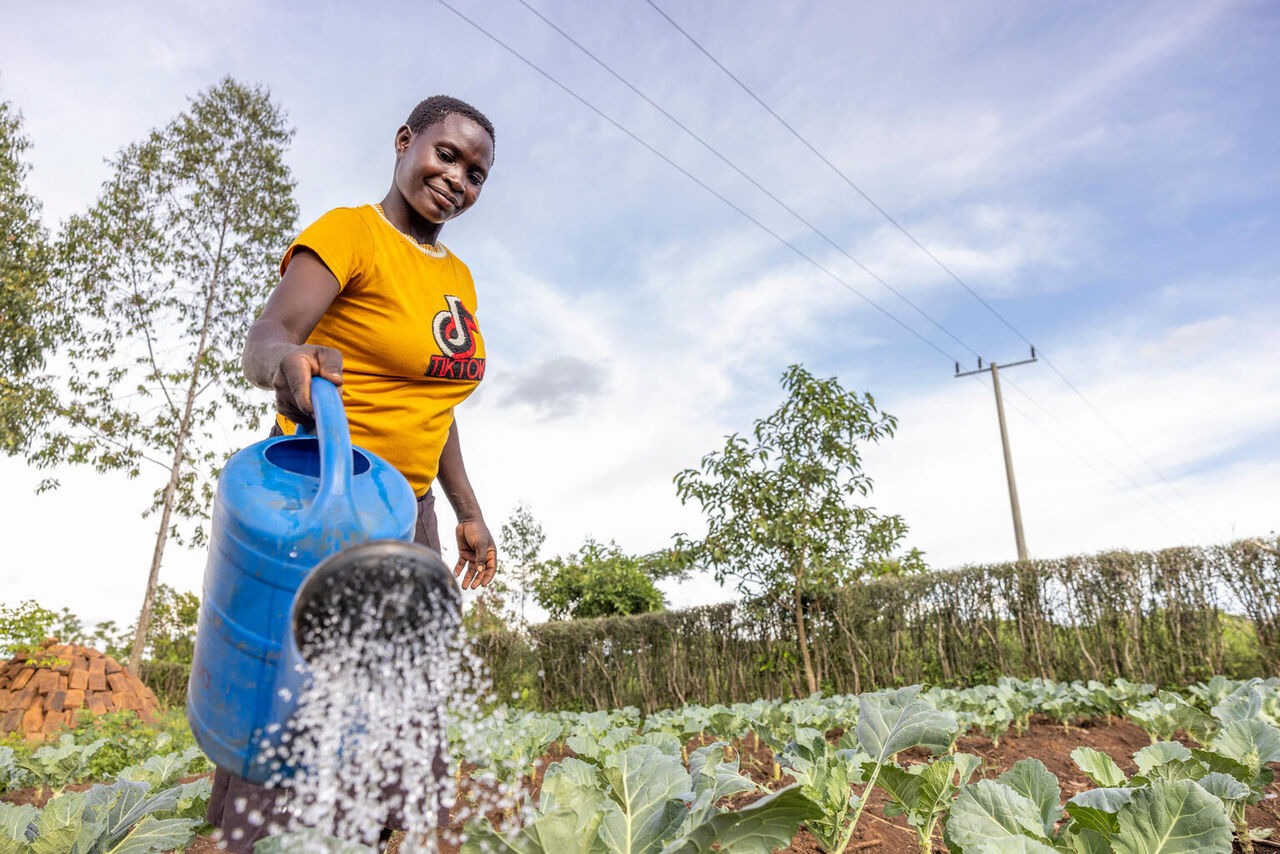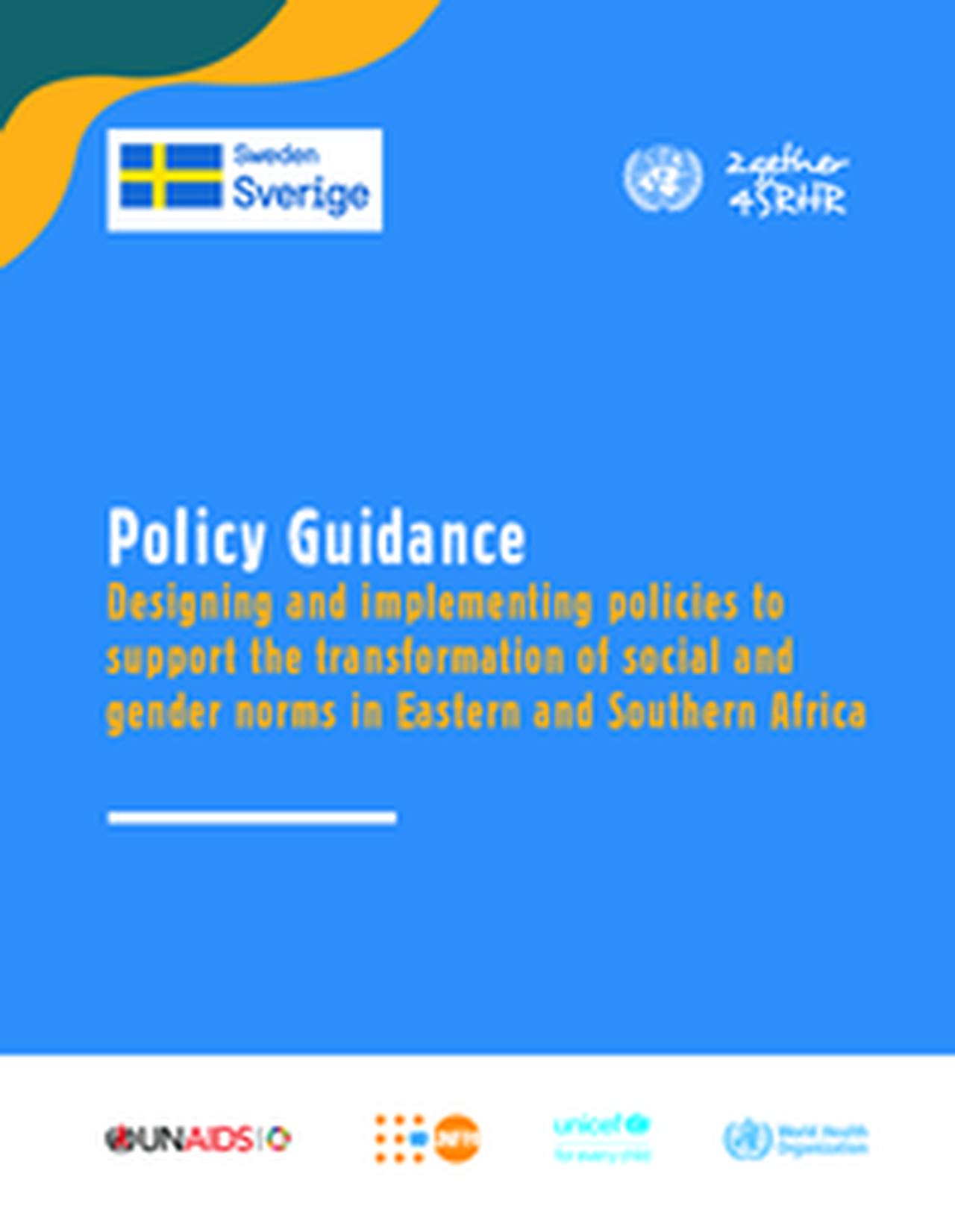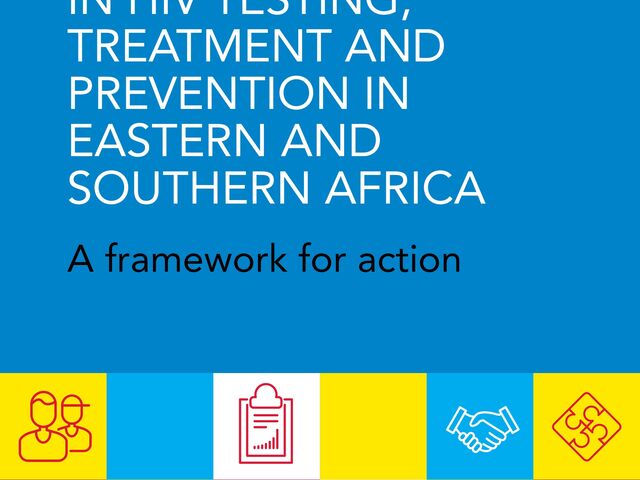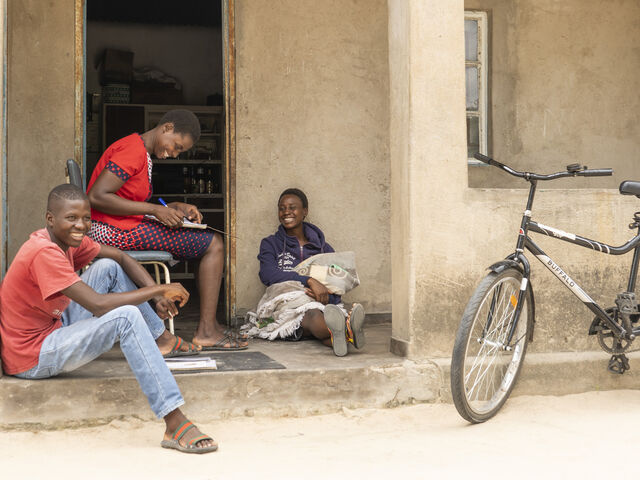Policy Guidance: Social Gender Norms in Eastern and Southern Africa


Policy Guidance: Social Gender Norms in Eastern and Southern Africa
847 KB
Harmful social and gender norms prevent people from fully realising their sexual and reproductive health rights (SRHR) and prevent countries from attaining their health and development goals. In Eastern and Southern Africa, norms underpin expectations that undermine access to SRHR, particularly for adolescents, young people, and other marginalised groups, and impact negatively on health and development outcomes. Despite regional commitments to SRHR, these social and gender norms continue to shape laws, policies, and service delivery systems, as well as individual and collective behaviours, reinforcing inequality and preventing people from fully achieving their SRHR. Transforming social and gender norms is essential to realising equitable SRHR in Eastern and Southern Africa. The design and effective, systematic and coordinated implementation of policies which fully articulate the relevance of social and gender norms is required to realise SRHR in the region. This policy guidance document offers a pathway to integrate norms transformation across policies, programmes, and service systems using inclusive, data-driven, and community-led approaches. The document aims to guide policymakers in the integration of social and gender norms transformation at scale. The document is complemented by a policy brief targeting agenda-setting stakeholders such as parliamentarians and a technical brief to inform programme design and monitoring targeting social and gender norms that are hindering the achievement of SRHR in Eastern and Southern Africa.
Go to external page: Download



